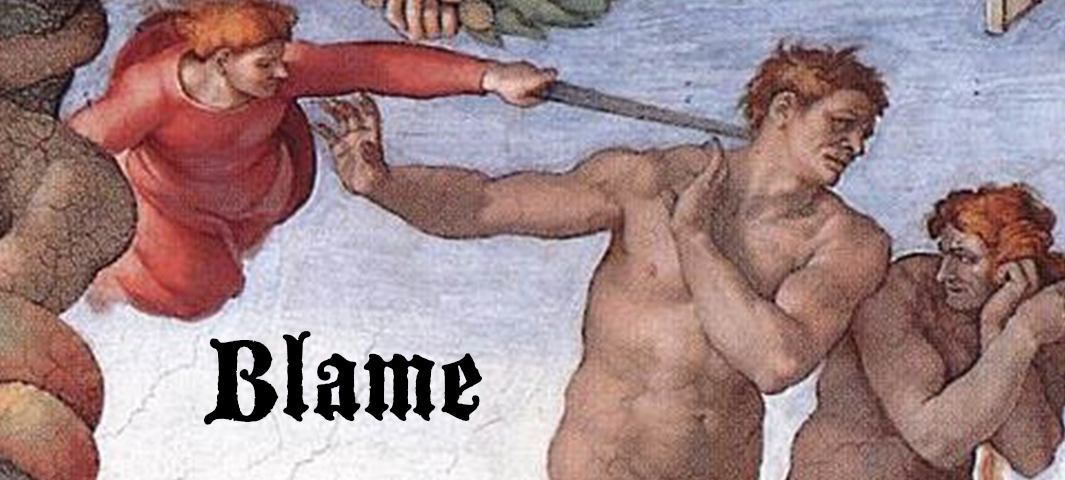When bad stuff happens, we want someone to blame. But blame assumes a kind of agency that most of us lack. Luck is as important as intention. And culture and nature matter more than the choices of individuals.
Recent events show us how the blame game works. The White House has blamed the Covid-19 pandemic on China. White House trade adviser Peter Navarro recently claimed that China “spawned” the virus and deliberately spread the disease. Meanwhile, Trump’s critics blame him. One recent article carried the headline, “It Really Is Trump’s Fault.” Another said, “Covid 19: Blame Trump.”
All of this oversimplifies the causal reality of the pandemic, which involves the complexities of microbiology, economics, and the daily choices of billions of people. Policy and law can have some influence. But there are more fundamental forces at play in the pandemic.
If we want to blame something for the explosion of the pandemic in the U.S., we might blame American individualism, libertarianism, and consumerism. Trump did not invent these forces. Nor did he (or China) cause the pandemic to blow up here.
That explosion involved the choices of governors, mayors, businesses, and ordinary citizens. Lots of people ignored the need for social distancing. The virus did the rest, moving according to its own logic.
Trump cannot save us from the pandemic, by the way. That’s up to us. To be critical of the blame game is also to be critical of hero-worship and the cult of leadership. A leader can only take people in a direction they are willing to go.
When we understand the power of culture and nature, the blame game fades in importance. For example, some blame the victims of hurricanes, wildfires, and earthquakes for building their homes in danger zones. But economic forces create conditions in which some people have no other viable places to live. And destruction or survival in a storm or an earthquake is often a matter of luck.
A fuller account of causality offers a more convoluted picture of our choices. Blame (or praise) assumes a myth about free choice in these matters that hearkens back to the myth of original sin. A more scientific account of causality makes that myth seem silly.
At the level of leadership, the blame game assumes that leaders are free to create policies independently of the parties, systems, and circumstances in which they operate. In reality, human beings—including leaders—are buffeted by cultural and natural forces that are beyond our control.
And yet, when things feel out of control, we search for someone to blame. This can lead to scapegoating. In heaping blame upon a scapegoat, we seek a semblance of power in the face of powerlessness. It feels good to blame bad things on some person, party, race, or nation. In older times, the need to blame a malicious agent escalated into claims about witches, demons, and devils. These days, it manifests as absurd conspiracy theories that imagine some secret cabal of evil geniuses pulling strings behind the scenes.
A further problem is that blame is retrospective and retributive. To focus on blame is to dwell in the past and to look for someone to punish. But this can prevent us from moving forward. We should learn from the past and avoid previous mistakes. But the goal should be to study the past in order to build the future. Rather than focusing on whom to blame, we ought to think about what we need to do next time. John F. Kennedy once said, “Let us not seek to fix the blame for the past. Let us accept our own responsibility for the future.”
To avoid the blame game is not to give up on accountability. Leadership matters. Incompetent and malicious leaders should be replaced. And indeed, a larger point of view makes it easier to move on. If there are no evil geniuses, there are also no saviors or superheroes. No leader is indispensable.
Knowledge, expertise, and experience can help us ride through bad times. But bad stuff is often a matter of bad luck and the larger forces of culture, institutions, and nature. And often we really have no one to blame but ourselves. Once we realize this, it is easier to leave the blame game behind and get to work on preparing for tomorrow.



